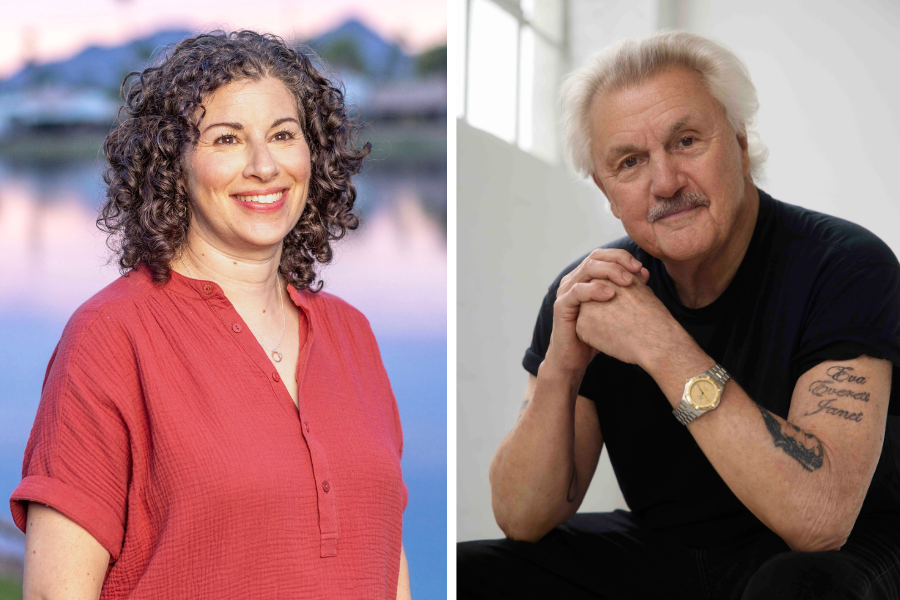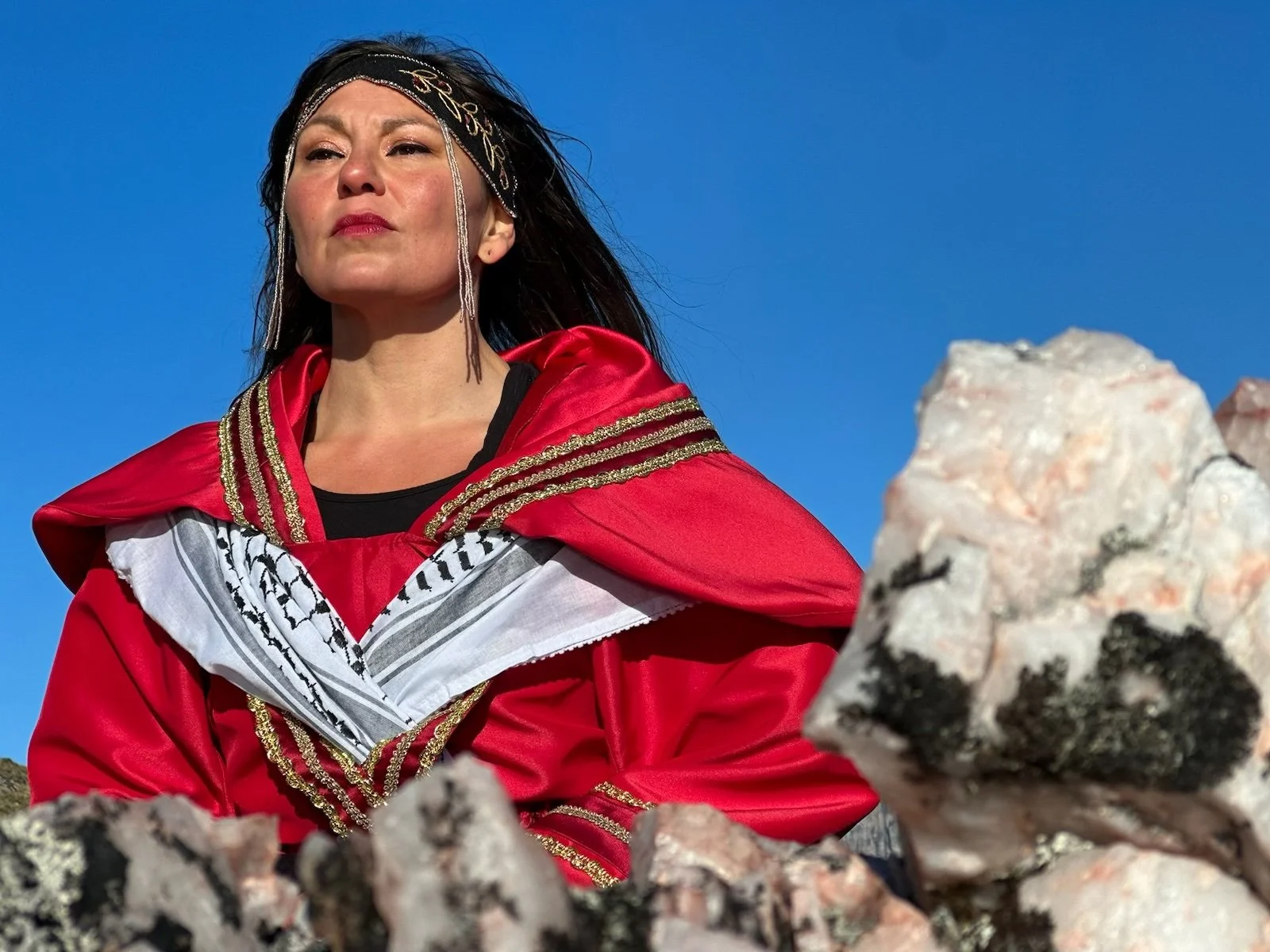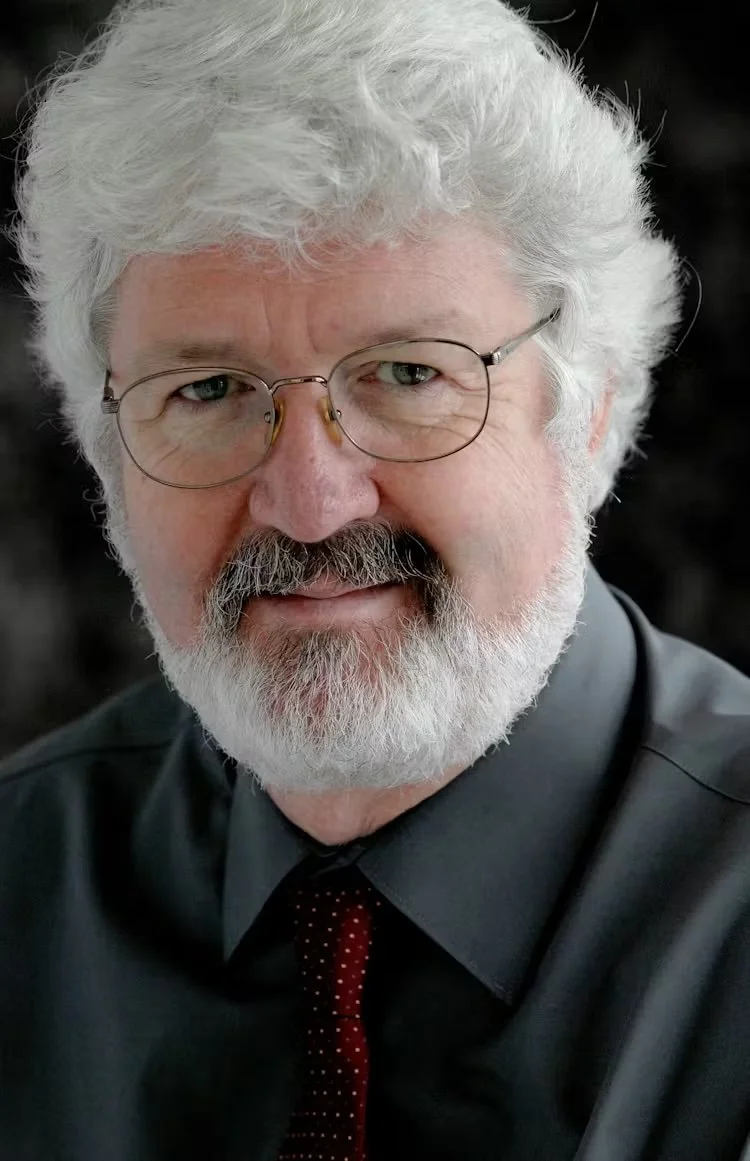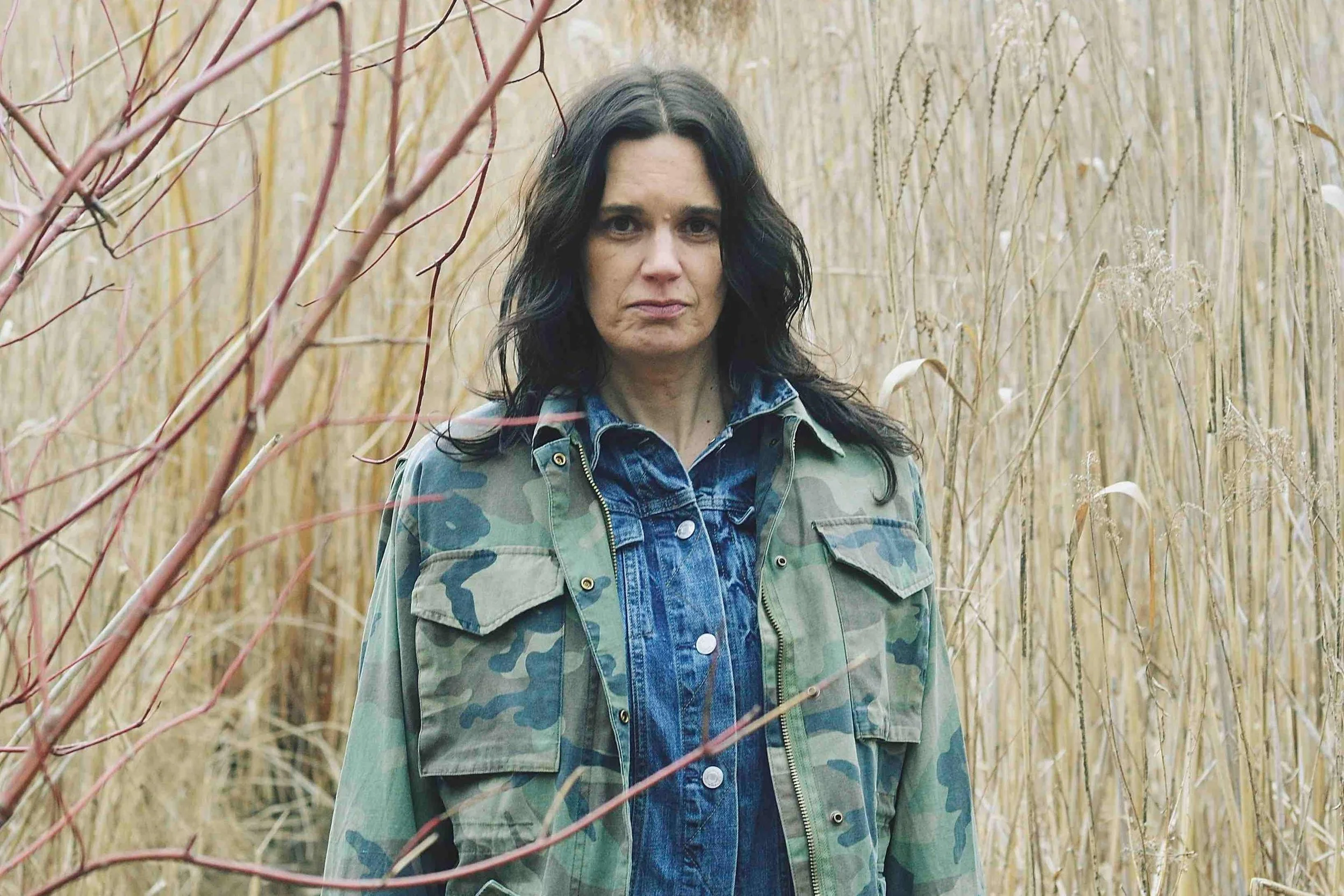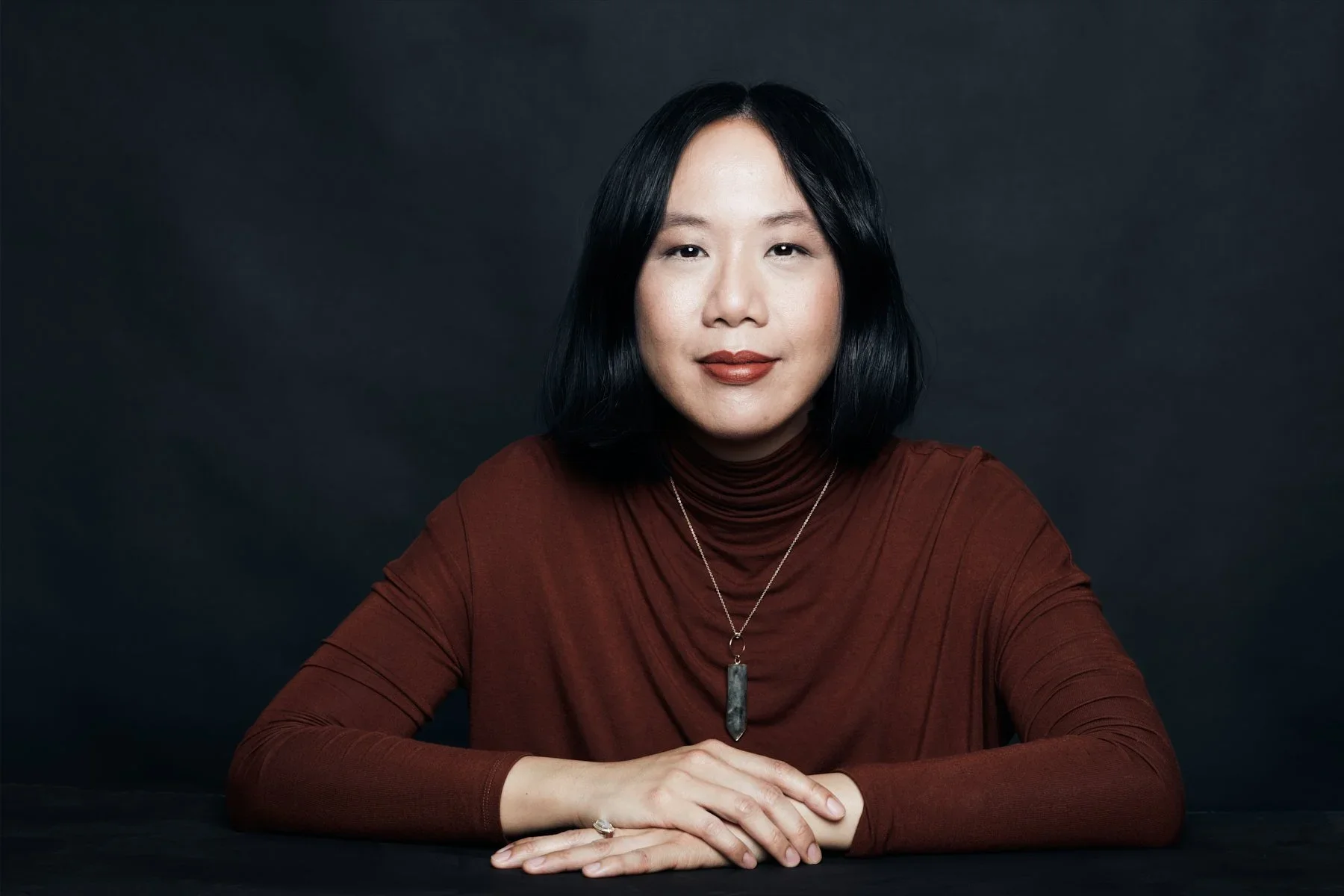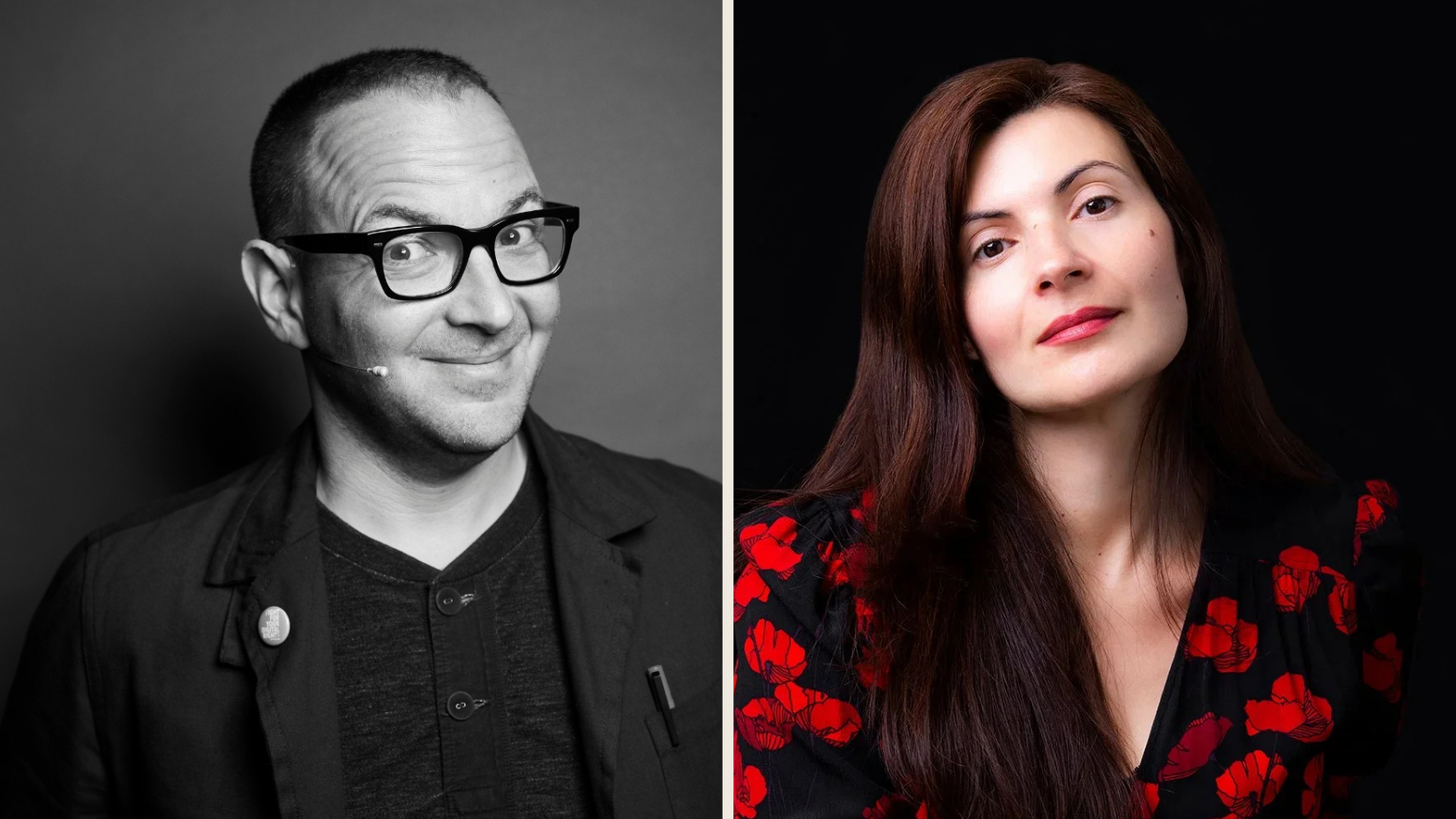Vancouver Inter-Cultural Orchestra's Summer Concert Series has a few surprises in store
Conductor Janna Sailor talks about a programme of music that’s so new even the conductor hasn’t heard it yet
Conductor Janna Sailor
Vancouver Inter-Cultural Orchestra
The Vancouver Inter-Cultural Orchestra (VICO) presents its Summer Concert Series at various venues on June 27 and July 1, 7, and 8.
JANNA SAILOR WILL BE conducting the Vancouver Inter-Cultural Orchestra in the premieres of several new works as part of its Summer Concert Series. As luck would have it, though, she’s not able to say much about them when Stir rings her up in Calgary, where she lives when she’s not working here on the West Coast.
This is not due to any reticence on Sailor’s part—she’s a perfectly affable interviewee—but because the music is so new that she is still largely unfamiliar with it.
One of the works getting its world premiere is Ripple, Pitch, Rise, Ritual by Vancouver composer Robyn Jacob, which VICO will play at the Annex on July 8. When Stir asks Sailor about it, the conductor reveals that she has just received the score.
“I literally just got it, right before we jumped on this call,” she says, “but what I can say, just kind of generally, about Robyn’s work is that she’s a very thoughtful and grounded composer. Everything comes from a place of profound respect for history and ancestors and the art form. This is the second premiere of one of her pieces that I will have had the privilege to work on.”
The evening before that, Sailor will conduct VICO in a showcase of new pieces created by ensemble members in collaboration with composer mentors. This concert, the culmination of VICO’s Summer Academy, also takes place at the Annex.
“Pivotal to what VICO does is creating new works, because the ensemble is so unique that there’s nothing, really, that pre-exists that suits the ensemble,” Sailor says.
Indeed, since its formation in 2001, the Vancouver Inter-Cultural Orchestra has commissioned more than 50 new Canadian works. As Sailor notes, this has been a necessity because there was not previously a robust repertoire for the ensemble’s particular blend of Western classical instruments and those from outside that tradition (including the Chinese erhu and zheng, the Persian kamanche, and the Vietnamese dan bau).
Because creating new works that blend musical forms from disparate cultures has its own distinct set of challenges, VICO created its two-week intensive Summer Academy program so that emerging composers would have the opportunity to learn from established artists, including Amsterdam-based Joël Bons. (At the July 8 concert, the VICO will also perform a new arrangement of Bons’s own cello-driven concertante, Nomaden.)
“You’re writing for different tuning systems, you’re writing for different instruments,” Sailor says. “You’re working with possibly different scale systems; within the Chinese and Iranian modes they use different scales. They use different intervals between the notes. So that takes a lot of mentorship and crafting and hands-on experience of working with composers who know how to write for that, who know the various challenges and rewards of writing for those kinds of instruments in this kind of context.”
As for exactly what the program’s participants have in store for curious concertgoers, the conductor can’t say.
“I actually come in quite late in the process,” she admits. “By the time I get to see the pieces that the composers have been working on, they’ve already been working on it for a couple of months prior to the workshop or working intensely on it with their mentor in the context of the incubator of the workshop. So I actually see it towards the end of the process. And of course I’ll add my notes as a conductor. You know, the conductor is in charge of pulling it off at the end and making the ta-da moment on-stage.”
At the time of her interview with Stir, Sailor has only laid eyes on a few bits and pieces of what the participants are cooking up. “Some things are arriving in my inbox in various stages of completion, kind of like skeleton outlines,” she reveals. “I get to see what their basic idea is, the instruments they’re writing for, and perhaps some structure is coming through. Like I said, I kind of come in late in the process after a lot of the hard work has been done.”
Sailor may be downplaying her own contribution, but it is evident that she has a key role in what is ultimately a collaborative process.
“One of my favourite things to do as a conductor is to sit down with a composer and really have a conversation; dig into their score and try to get in their head and see how close you can get to realizing what they’ve created,” she says. “They have an incredible amount of trust. They have to pass off their work to someone else to realize it on-stage.
“So it’s up to me to try to interpret that the best I can and bring that out in the players, and ask the questions of the composer to really get to the heart of the matter,” Sailor says. “Especially with emerging composers, they always have really great ideas—it’s just a matter of, ‘How do we get that across? How do we make sure that everyone that hears it understands why you composed this piece and what your intentions were?’”





